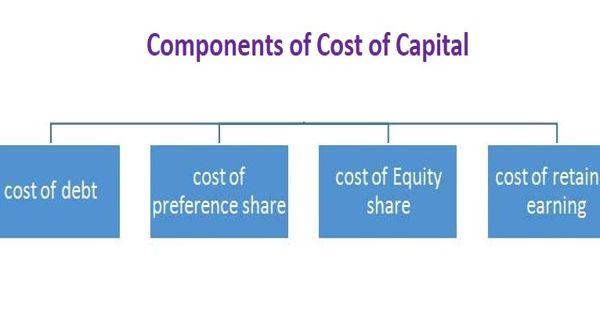A dead hand provision is a form of poison pill that during a hostile takeover attempt dilutes the stock of the target company massively. It is also called a dead hand poison pill. If the unwanted acquirer has acquired a certain number of shares, new ones are immediately given to any other current shareholder, resulting in a major dilution of the prospective owner’s stock holdings, or percentage of ownership in the company. The move causes a dilution of the shareholding of the acquirer, rendering the acquisition attempt unattractive and costly to conduct.
Acquisitions happen constantly, in spite of the fact that not every one of them is invited by the organization the board. The acquirer can either look for lawful intercession or dispatch an intermediary to choose another governing body to nullify the toxic substance pill and continue with the takeover. The chiefs receive a dead hand poison pill that just permits the officeholder the board to reclaim it. The interested party may either give up and pass on or go directly to the shareholders of the company to drum up enough support to replace management and eventually get the acquisition accepted when met with opposition. The pill cannot be invalidated by any future board of directors.

Example of Dead Hand Provision
Using this defense technique (dead hand provision), a takeover target makes a takeover expensive in such a way that the bidder cannot acquire the company. The dead hand provision would make an attempt very expensive for bidders. Should takeover advances turn hostile, a company’s management might favor employing controversial strategies, like the porcupine provision, the crown-jewel defense, or a shark repellent, to safeguard its position. The change forbids shareholders or a newly elected board of directors from embracing potential acquirers’ unsolicited offers. Since they are the only individuals who can redeem the poison pill, the shareholders will be compelled to keep the incumbent management.
Like other poison pills, the activity of a dead hand provision is to make the antagonistic takeover restrictively costly. Countless new offers are given by the objective organization; the bidder’s stock possessions are additionally weakened (gave) to different investors aside from the bidder. When a threatening bidder obtains an assigned measure of the objective organization’s offers, commonly between 10% to 20%, rights permitting all different investors to purchase recently gave shares at discounted costs naturally kicks without hesitation.
Many businesses with poison pills prefer to stay away from hostile takeover offers, allowing them to retain their independence. Under the dead-hand clause, if a hostile bidder acquires a majority of the stock of the target company, it is acceptable for other shareholders of the target company to purchase a significant number of new stocks at discounted rates, this will in turn dilute the value of the shares purchased by the hostile bidder making the transaction prohibitively costly. Dead hand provisions in investor rights plan bar anybody yet the chiefs who received them from repealing them. As it were, that implies existing chiefs can forestall the acknowledgment of a spontaneous offer, paying little mind to the investors’ desires or the perspectives on the recently chosen chiefs.
The dead hand clause was intended to seal the proxy content loophole in standard poison pills that would prohibit the pill from being redeemed by newly elected directors. It can act as a means of extending the tenure of unfit and undesirable directors, as well as restricting the majority of voting shareholders from getting a say on whether or not they want an acquisition to go forward. On account of a customary poison pill, if a threatening bidder dispatches a challenge in an intermediary, mentioning those new directorates are chosen in an objective organization, the safeguard system can be survived.
However, a dead hand clause is often protective against substituting the same board of directors. The pill bound the hands of subsequently elected members of the boards and shareholders, and the pill could be redeemed only by the continuing directors. In some cases, owing to the dispute attributable to how they are distributed, dead hand poison pills have been questioned. Regardless of whether the investors chose another governing body, they would not be conceded the power to reclaim the pill and permit the unfriendly takeover to continue. Rather, the investors are compelled to hold the officeholder chiefs despite the fact that they’ve just chosen not to reclaim the pill.
Information sources:
















